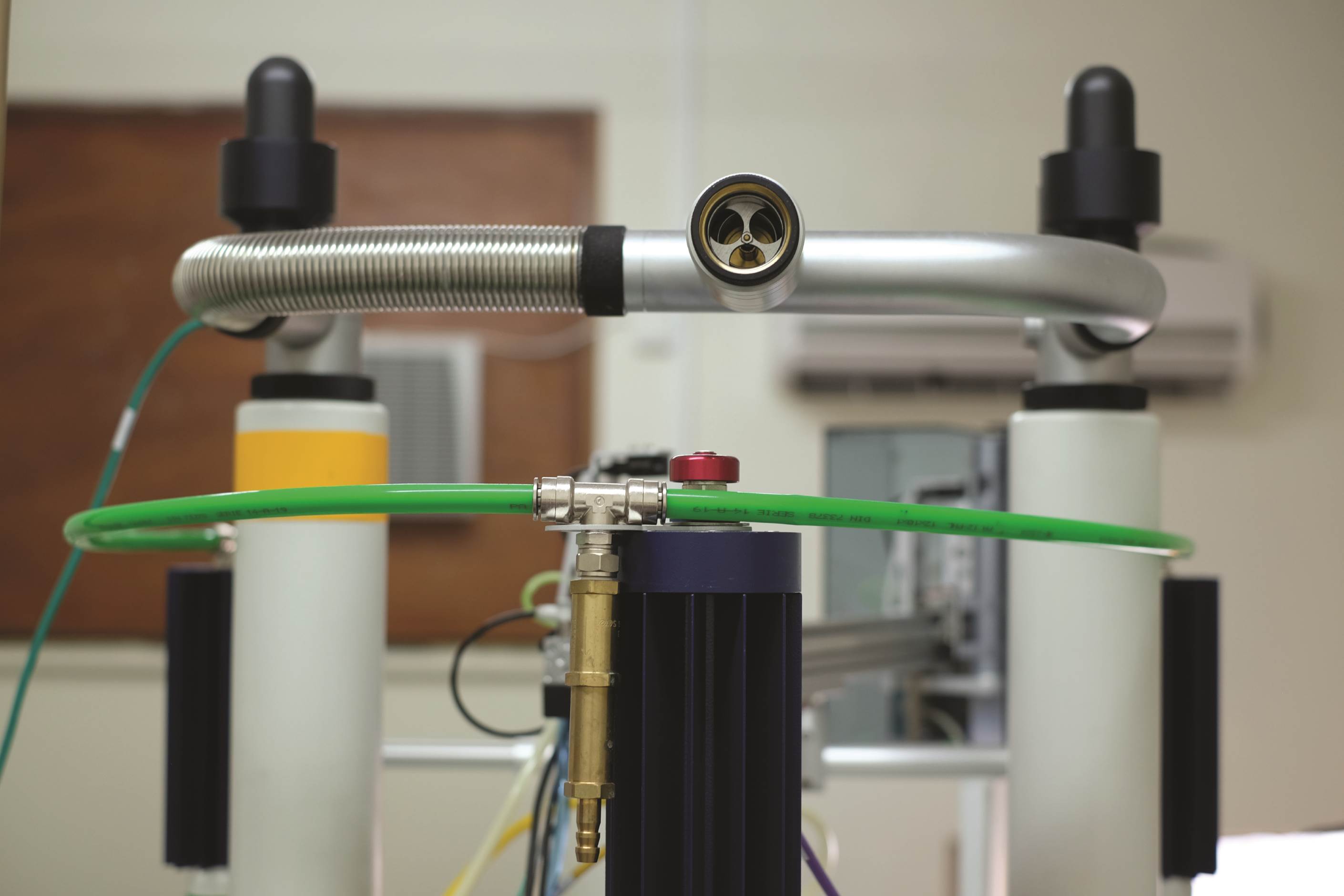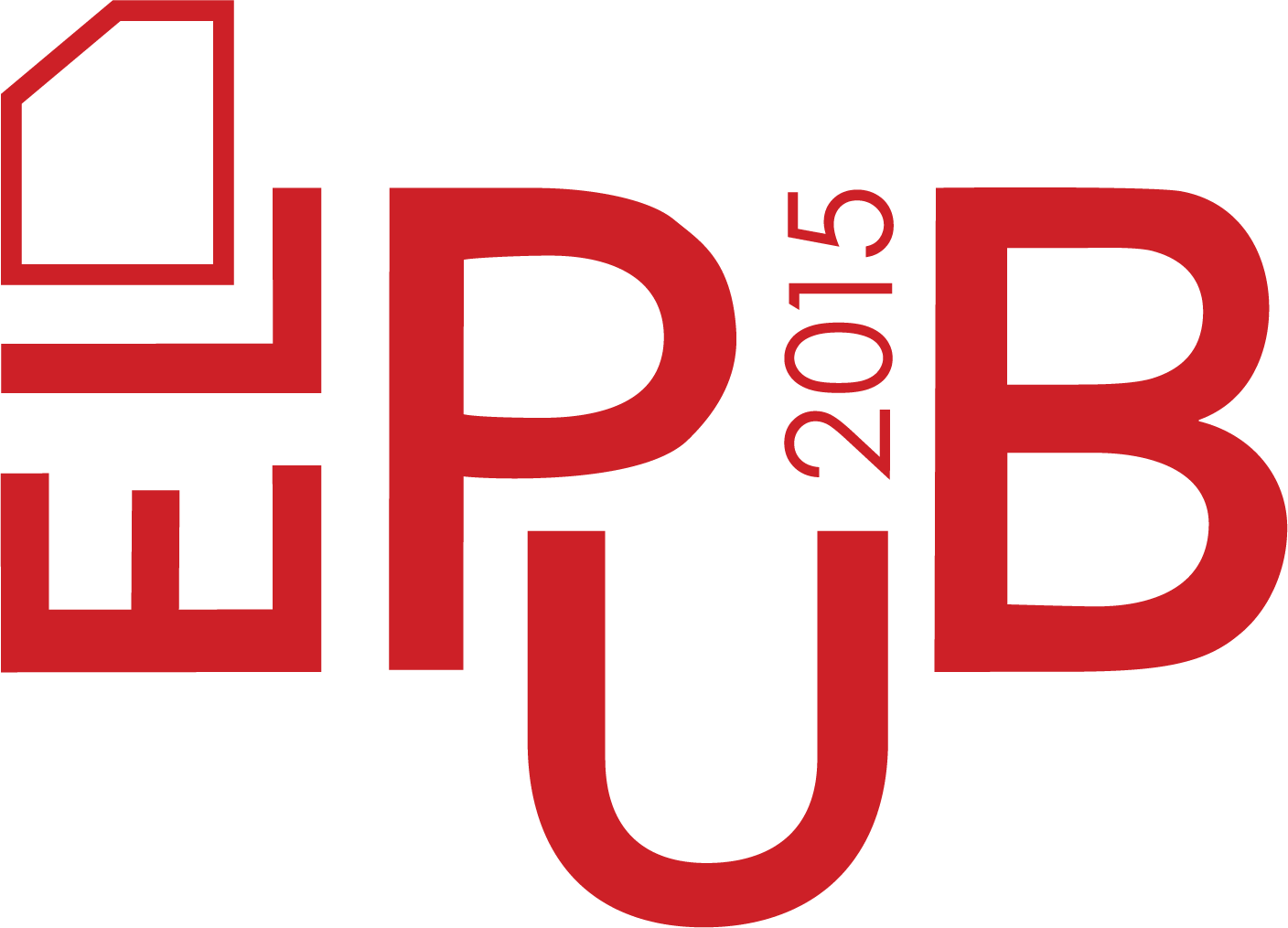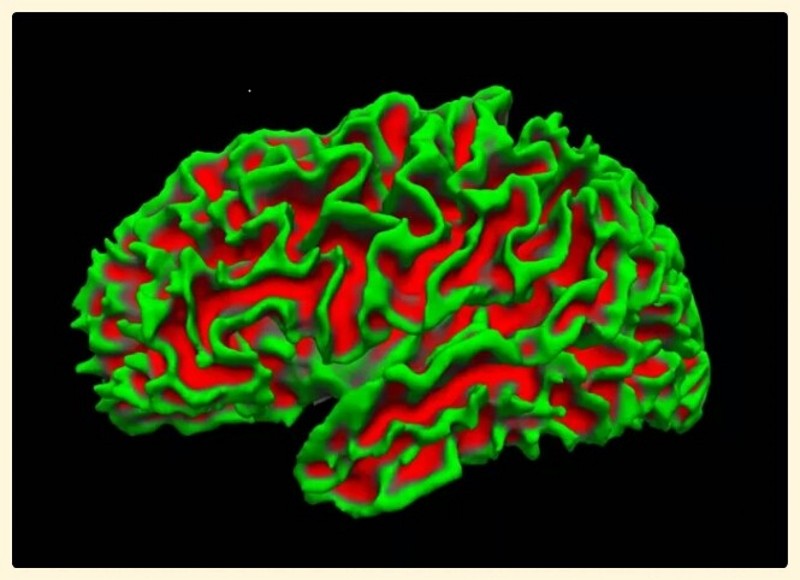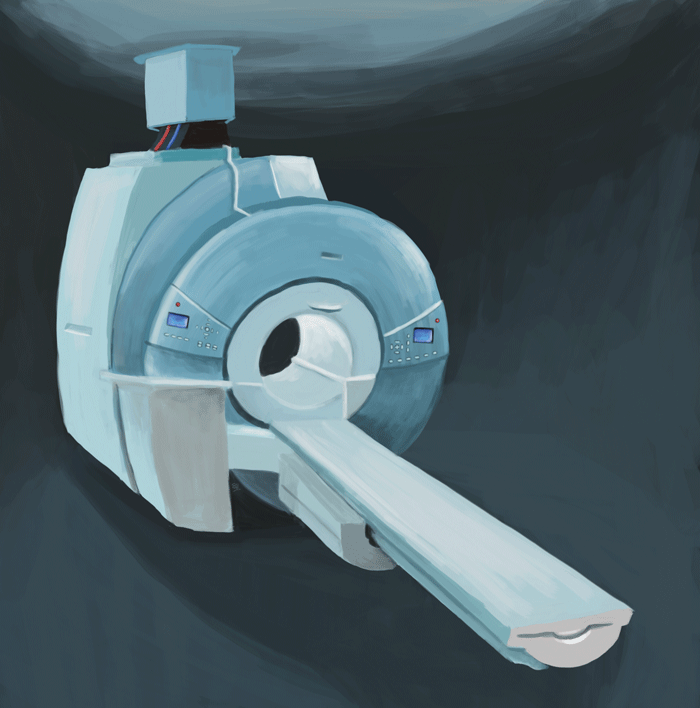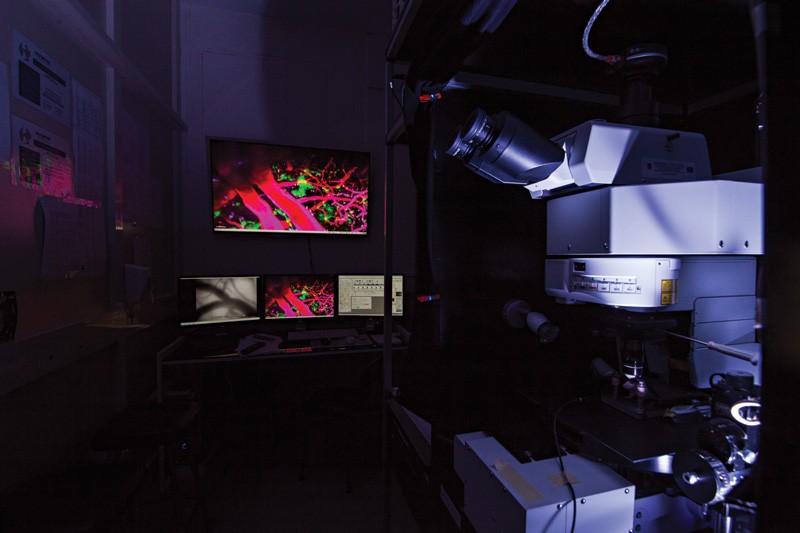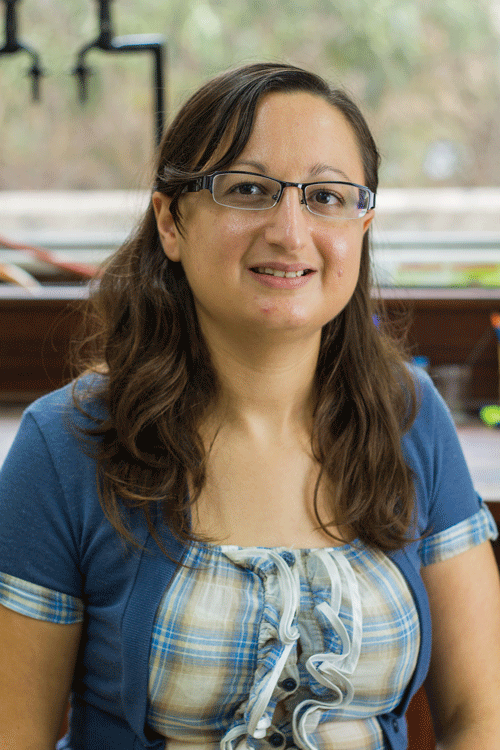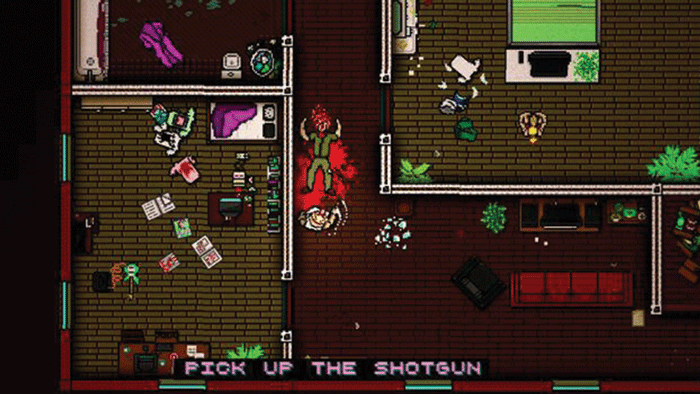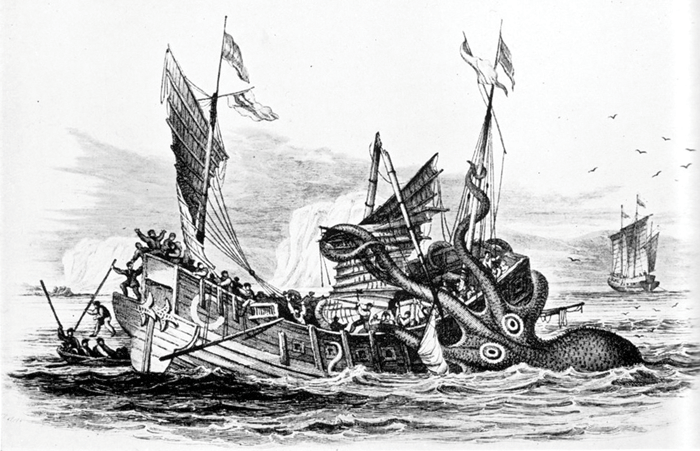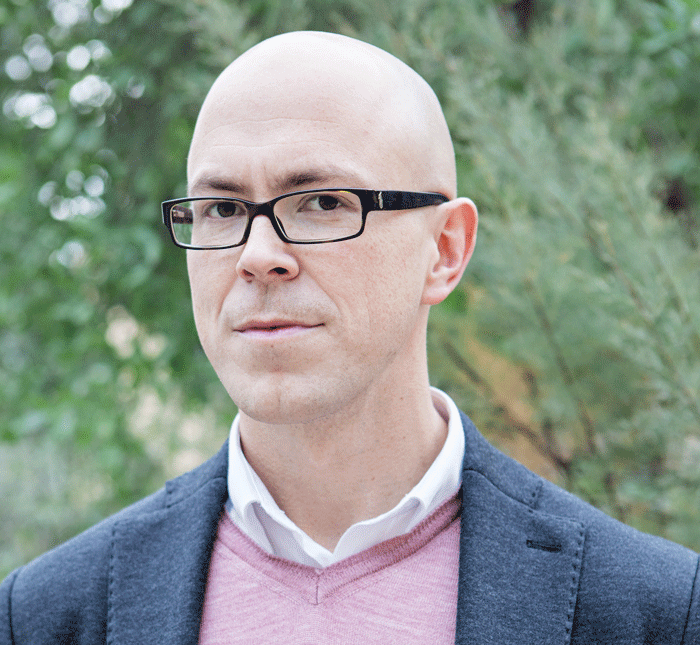Should Information be Free?
Words by Dr Claude Bajada
Research is kept behind the closed doors of academic publishers. This creates a problem to access the information for scientific, social, and economic growth.
In a perfect world, results from this research would be accessible to everyone since most research is funded by governments and public institutions. It is not.
Research results are not read by the public for two reasons. First, articles are targeted to the expert reader and are very complex to understand. Public communicators are needed to interpret findings and convey them to the public. Second, the business model of academic publishers places a steep paywall to access articles.
A solution is open access. These articles can be read at no cost. But someone must foot the bill. This is one of the topics that was discussed at the 19th International Conference on Electronic Publishing (ElPub) held at St. James Cavalier in Valletta. It was organised by the University of Malta.
Publishing houses have already started to change their business model to ensure that a certain percentage of their articles are freely available to researchers and to the public. Wim van der Stelt (vice president, Springer) explained that open access publications are increasingly demanded by the academic community. Research that is funded by the public will be accessible to the public. He believes that ‘it is the future’ of publishing.
Countries like the United Kingdom lead the way in this area. In fact research councils in the UK require that publicly funded research is freely accessible to the general public.
Mark Poulton, a librarian at the University of Malta, tells Think that Malta is following suite. ‘The University Library is working on an institutional policy for open access.’ says Poulton. ‘With this in place, all work done at the University of Malta will be freely accessible to anyone who is interested.’ The library has already set up an institutional repository. It contains articles from Maltese academics that have been published with an open access licence. ‘They are freely available to everyone’ explains Poulton.
It is hard to imagine why this topic would be controversial. The answer is money. People are divided in opinion as to who should bear the brunt of having to pay for publication?
Authors are required to pay high premiums to publish their articles under an open access licence. This is not a problem if they come from a wealthy institution, but what if they do not? Some academics also express concerns that high premiums for open access may entice certain journals to publish articles based on payment rather than academic quality.
Van der Stelt says that, ‘while rogue journals do exist, due to the highly competitive nature of academic publications reputable publishers have no incentive to accept low quality work’.
Watch this space for an upcoming podcast discussing the controversies of open access…
Thanks to Prof. Milena Dobreva who organised the conference
UPDATE: There will be a debate about access to information at Science in the City Malta on 25 September, 7pm at Palazzo Ferreria. Join us and have your say!
Research, Teeth, and the Community
Prof. Nikolai Attard was on the other end of the phone and was passionately describing what he had in mind. ‘A mobile dental clinic will be able to reach out to the community, schools, old people’s homes, village squares and we’ll be collecting epidemiological data on oral health which can then be fed into existing health data. At the same time we’ll be providing a free dental examination and advice to thousands of people, which they will then follow up with their personal dentist. This could be a first for Malta.’ Nikolai, Dean of the Faculty of Dental Surgery (University of Malta), is determined to expand the Faculty’s teaching activities and promote oral health.
Sleep, Nerves, and Maltese Neuroscience
By Claude Bajada
In the previous edition of Think, Professor Giuseppe DiGiovanni announced the launch of the Malta Neuroscience Network. The group has now had its first public seminar that attracted neuroscientists, neurologists, psychologists and psychiatrists. It consisted of two talks by world-renowned researchers.
Seeing the unseeable
Unlocking the mysteries of the brain with MRI. Everything we think, say, or do depends on our brain. It is the most vital organ of our body but one of the least understood. Recent advances are changing things. With magnetic resonance imaging (MRI), scientists and researchers are getting an inside look into what makes us tick. Cassi Camilleri speaks to Dr Sonia Waiczies Chetcuti, Dr Helmar Waiczies and Prof. Kenneth Camilleri about their vision for experimental MRI in Malta. Illustrations by Sonya Hallett.
Of Mice and Microscopes
Colour Chemistry in Water
Written by Maria Cardona
Atmospheric carbon dioxide (CO2) levels have increased dramatically in the last few decades. Famous for causing global warming, CO2 is also resulting in the acidification of seas and oceans. This disturbs the rich life of the marine ecosystem, which affects human communities dependent on this environment for their livelihood. For islands like Malta and Gozo, this problem is particularly important. This ‘silent crisis’ has attracted the X-prize Competition organisers who have set a $2 million dollar prize to be awarded to anyone that can develop stable, inexpensive, and precise acidity (pH) sensors to help understand the acidification of marine environments. At the same time, a European COST initiative (Supramolecular Chemistry in Water) is encouraging the design of water-soluble molecules which can recognise analytes. Most chemical sensors do not perform well in water.Continue reading
Hotline miami 2: Wrong Number
Indie games have allowed a new generation of creative developers to experiment. Nostalgia is a leading trope: defunct genres are being resurrected, and the 8-bit aesthetic is a stylistic trademark. Adhering to this practice, the first episode of Hotline Miami chewed-up old-school arcade games and nineties ultraviolence, mixing it up with a contemporary, psychedelic audiovisual blend.
Hotline Miami 2 keeps all of that with a set of new mechanics: players can now shoot sideways, roll under enemy fire, and brandish katanas. The game’s greatest merit is to carefully balance unabashed mayhem with careful strategy. You will need to memorise patterns and act quickly at the right time. And then, do it again and again.
As a sequel, Hotline Miami 2 feels rather conventional. As expected, every part of the game has been expanded and the game mechanics have been completely exploited. Its narrative has been exhausted and lost sequential logic. It now serves as a backdrop for yet another suicide assault.
Hotline Miami 2 is undoubtedly a joy: a well-crafted, ultrafast ride, with a fantastic, inspired soundtrack. The game is designed to satisfy its fanbase. The struggle continues between innovation and conservatism.
Does the Kraken exist?
Written by Alexander Hili
‘Release the Kraken’ is a very famous quote from Clash of the Titans. In the movie scene, a monstrous being, with characteristics of both squid and octopus, is summoned from the sea to smash a city to the ground. The Kraken is clearly a mythological creature, but the colossal squid (Mesonychoteuthis hamiltoni) is very real. The monstrously large squid grows to an estimated 12–14 m in length and has sharp swivelling or three-pointed hooks on its limbs. The bloated carcasses of this organism could have inspired the ancients. Large adults have never been caught since it is thought to live around 2.2 km beneath the water’s surface when it develops. Like the Kraken it is a very elusive creature that is rarely seen.
Elective student stipends
My 100 word idea to change Malta
By Dr James Corby
The University of Malta is central to our knowledge economy, and yet it is chronically underfunded. The University performs well despite underfunding, so imagine the heights that could be scaled with more adequate support.
My idea? Scrap the scandalously outmoded stipends system. Instead, make student financial support entirely elective (students decide whether they want support); money is then given to students as an interest-free loan, which they only start to repay once they have graduated and are earning more than a minimum threshold salary. The money saved would be directed into research, postgraduate and postdoctoral initiatives, and infrastructure and technology.

